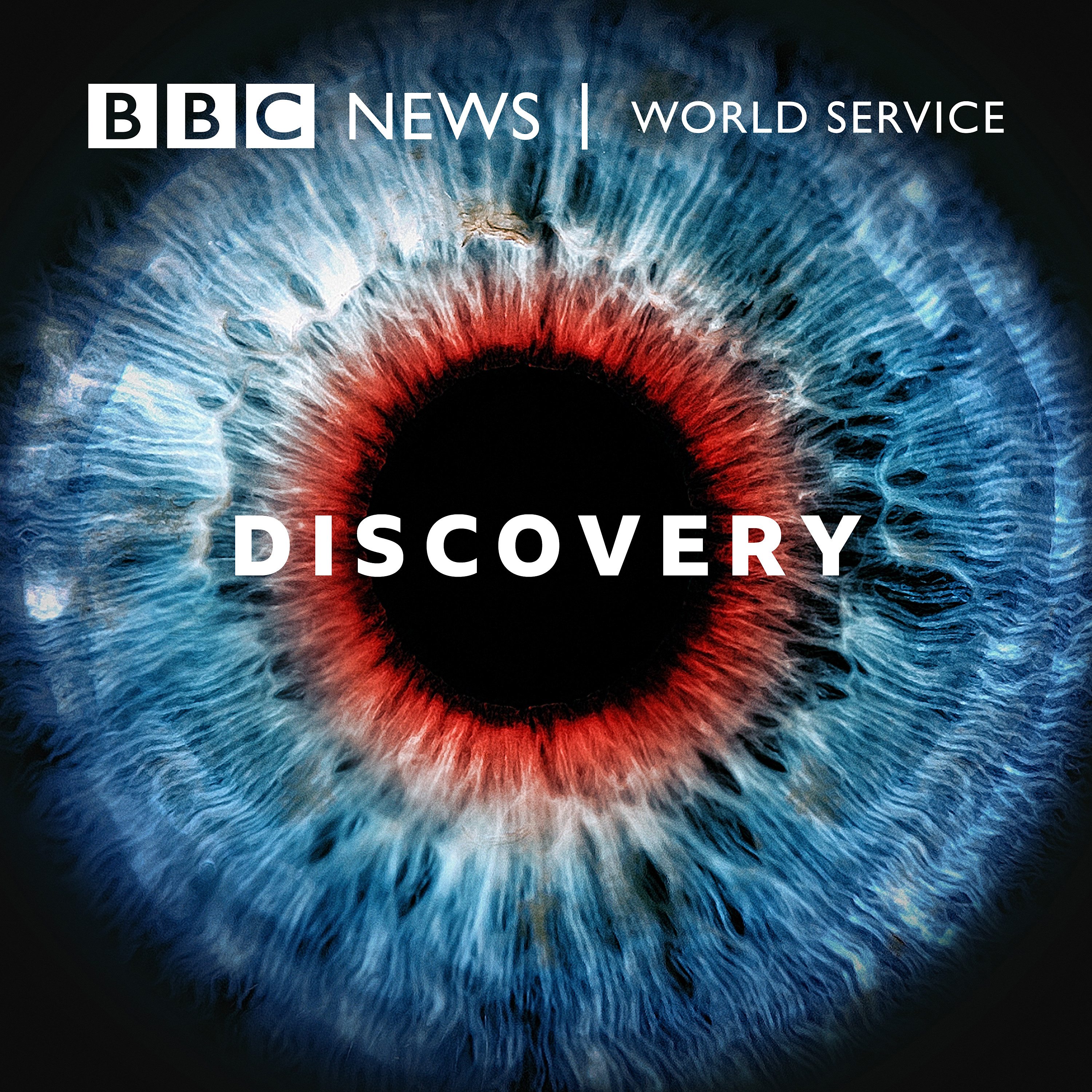
Discovery
Feb 13, 2023
In the mid-19th Century, an Augustinian friar called Gregor Mendel made a breakthrough. By breeding pea plants and observing how certain traits were passed on, Mendel realised there must be units - little packets - of information determining characteristics. He had effectively discovered the gene.
His insights inspired eugenicists from the 1900s onwards. If traits were passed on by specific genes, then their policies should stop people with ‘bad’ genes from having children.
Mendel’s ideas are still used in classrooms today - to teach about traits like eye colour. But the eugenicists thought Mendel's simple explanations applied to everything - from so-called ‘feeblemindedness’ to criminality and even pauperism.
Today, we recognise certain genetic conditions as being passed on in a Mendelian way. Achondroplasia - which results in short stature - is one example, caused by a single genetic variant. We hear from Professor Tom Shakespeare about the condition, about his own decision to have children despite knowing the condition was heritable - and the reaction of the medical establishment.
We also explore how genetics is taught in schools today and the danger of relying on Mendel’s appealingly simple but misleading account.
Contributors include Dr Brian Donovan, senior research scientist at BSCS, Prof Tom Shakespeare, disability researcher at London School of Hygiene and Tropical Medicine, and Dr Christine Patch, principal staff scientist in Genomic Counselling in the Society and Ethics Research group, part of Wellcome Connecting Science.
(Photo: Johann Gregor Mendel (1822-1884). Austrian botanist, followed breeding experiments, discovered paired units of heritable characteristics. Credit: Hulton Archive/Getty Images)

